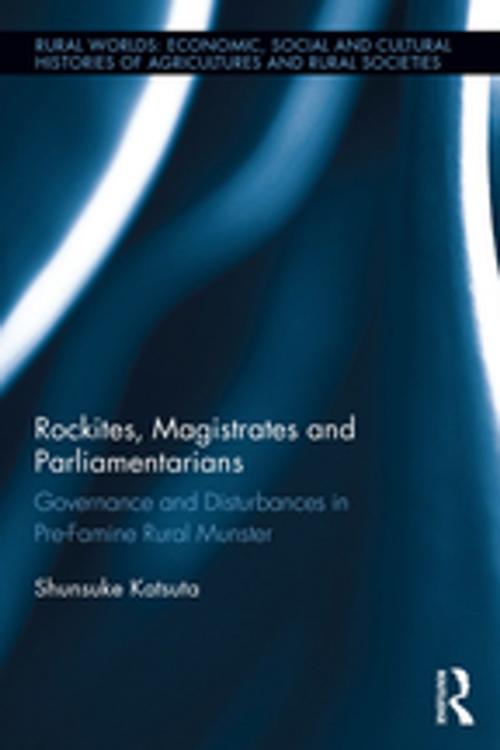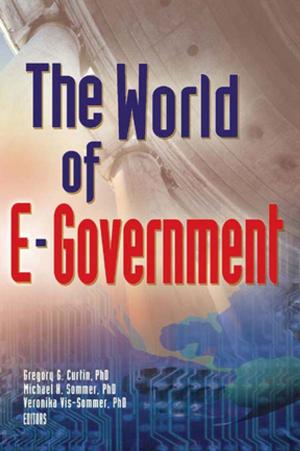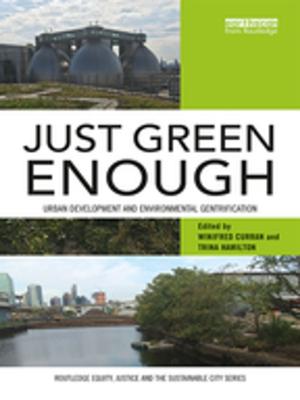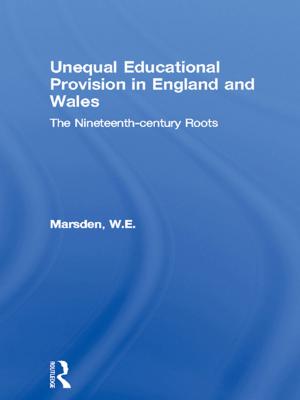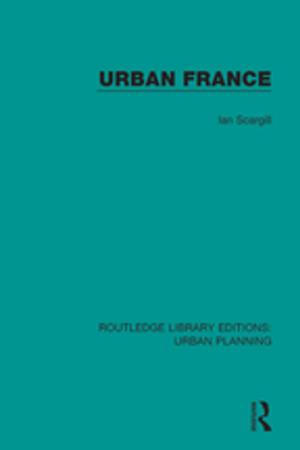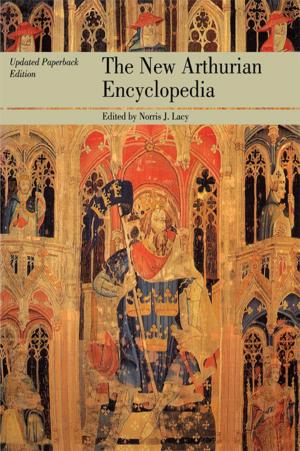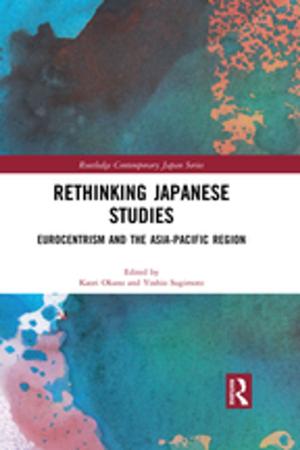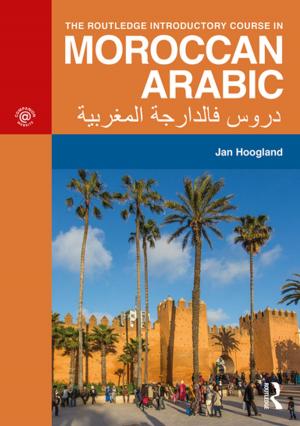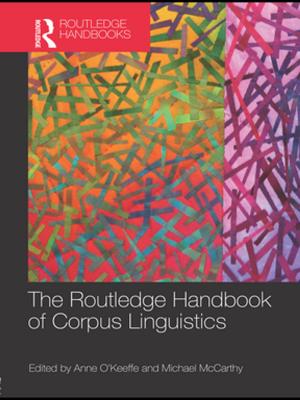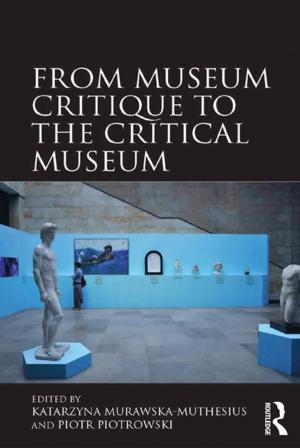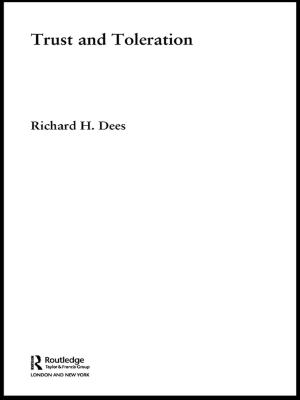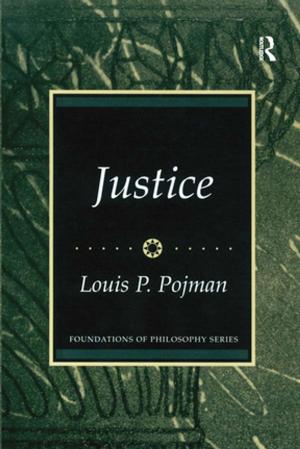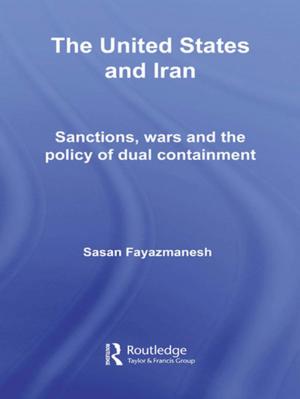Rockites, Magistrates and Parliamentarians
Governance and Disturbances in Pre-Famine Rural Munster
Nonfiction, History, Modern| Author: | Shunsuke Katsuta | ISBN: | 9781317062011 |
| Publisher: | Taylor and Francis | Publication: | August 15, 2017 |
| Imprint: | Routledge | Language: | English |
| Author: | Shunsuke Katsuta |
| ISBN: | 9781317062011 |
| Publisher: | Taylor and Francis |
| Publication: | August 15, 2017 |
| Imprint: | Routledge |
| Language: | English |
Early nineteenth-century Ireland witnessed widespread and prolonged rural unrest, as groups of labourers and smallholders formed secret societies demanding land reform, fair rents, the protection of wages and an end to tithes. One of the most active of these groups - the Rockites - waged a vigorous and sustained campaign of arson, intimidation and houghing (maiming of animals) across the southern half of Ireland during the 1820s, quickly attracting the attention of the authorities in both Ireland and Britain. Combining analyses of local and economic concerns with wider national political dimensions, this book offers an in-depth and alternative interpretation of the Rockites. Attaching particular importance to the political dimensions of the Rockites, Katsuta demonstrates how their political mindset was created by local circumstances. Styling themselves descendants of the United Irishmen, Rockites drew on the memories of the bitter political struggles in Cork during the 1790s, as well as current political events such as Daniel O’Connell’s mass mobilisation to oppose the Catholic relief bill in 1821. As well as situating the Rockites within the Irish context, the book also offers insights into how British politicians dealt with Ireland in the early years of the Union. The Rockite disturbances prompted the Tory government to adopt a new course that proved less a remedy to problems in Ireland than as a response to events within parliament. In turn Rockites became a useful tool for Whigs and radicals in Westminster to blame the Tories for the misgovernment of Ireland, revealing how the Irish question in the early nineteenth-century UK was regarded first and foremost as a parliamentary issue.
Early nineteenth-century Ireland witnessed widespread and prolonged rural unrest, as groups of labourers and smallholders formed secret societies demanding land reform, fair rents, the protection of wages and an end to tithes. One of the most active of these groups - the Rockites - waged a vigorous and sustained campaign of arson, intimidation and houghing (maiming of animals) across the southern half of Ireland during the 1820s, quickly attracting the attention of the authorities in both Ireland and Britain. Combining analyses of local and economic concerns with wider national political dimensions, this book offers an in-depth and alternative interpretation of the Rockites. Attaching particular importance to the political dimensions of the Rockites, Katsuta demonstrates how their political mindset was created by local circumstances. Styling themselves descendants of the United Irishmen, Rockites drew on the memories of the bitter political struggles in Cork during the 1790s, as well as current political events such as Daniel O’Connell’s mass mobilisation to oppose the Catholic relief bill in 1821. As well as situating the Rockites within the Irish context, the book also offers insights into how British politicians dealt with Ireland in the early years of the Union. The Rockite disturbances prompted the Tory government to adopt a new course that proved less a remedy to problems in Ireland than as a response to events within parliament. In turn Rockites became a useful tool for Whigs and radicals in Westminster to blame the Tories for the misgovernment of Ireland, revealing how the Irish question in the early nineteenth-century UK was regarded first and foremost as a parliamentary issue.
